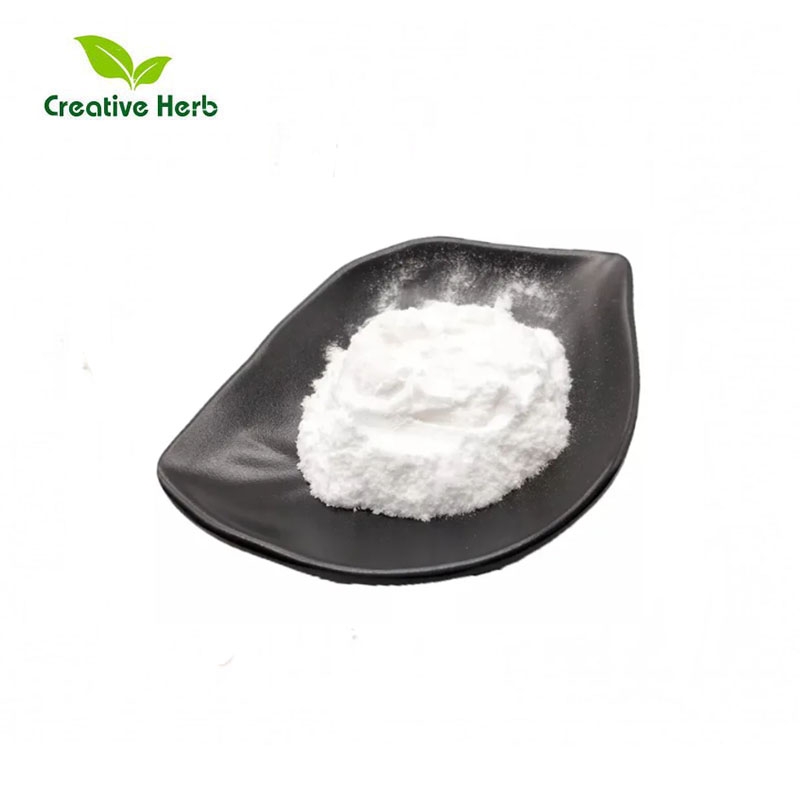Progress in the biosynthesis of tropine alkaloids
-
Last Update: 2019-09-20
-
Source: Internet
-
Author: User
Search more information of high quality chemicals, good prices and reliable suppliers, visit
www.echemi.com
Tropine alkaloids is a kind of alkaloids which contain the basic skeleton of tropine, which is composed of pyrrole and piperidine It is a natural product of plant origin with a long history and important medicinal value According to the existing ancient medical books, Solanaceae plants, such as Datura stramonium and Atropa belladonna, which are based on scopolamine and scopolamine, have a medicinal history of nearly 2000 years in the world At present, scopolamine and scopolamine are widely used as muscarinic acetylcholine antagonists in clinical They are widely used in analgesia, anesthesia, antispasmodic, anti motion, Parkinson's disease treatment and so on In the past hundred years, the studies of biosynthesis based on isotope labeling experiments show that the N-methylpyrroline cation (1) from ornithine and the two molecular acetyl units form the basic framework of tropine However, the enzymatic mechanism of N-methylpyrroline cation and acetyl unit condensation to form the basic skeleton of tropine alkaloids has not been reported The study on the biosynthesis of tropine alkaloids has been described by the relevant scientists as an unsolved scientific problem in a century (NAT prod rep 2001, 18494) Recently, Huang Shengxiong research group, the interdisciplinary team of natural pharmaceutical chemistry of Kunming Institute of Botany, Chinese Academy of Sciences, and Zhang Yu research group, Center for excellence and innovation of molecular botany Science / Institute of plant physiology and ecology, Chinese Academy of Sciences, composed of three-thirds of anisodamine, a representative plant of Solanaceae, which produces anisodamine and scopolamine Three type III polyketosynthases were found in three plants, including Anisodus acutangulus, Belladonna and Datura The results showed that they can catalyze the condensation of N-methylpyrroline cation (1) with malonyl COA to form the key intermediate of tropine alkaloid biosynthesis Further study on the crystal structure of the protein (Fig 1) and in vitro enzymatic reaction showed that the three type III polyketide synthesises the active intermediate 5 of tricarbonylglutaric acid by using two molecules of malonyl coenzyme A The intermediate 5 can spontaneously condense with N-methylpyrroline cation (1) to form racemic intermediate 2 for tropine framework biosynthesis This study not only solved the mechanism of the formation of the basic framework in the biosynthesis of tropine alkaloids, but also answered a scientific question that has been puzzling the academic circle for a long time It also found a new type of plant type III polyketide synthesise, which can selectively and efficiently synthesize tricarbonylglutaric acid, which laid a foundation for the heterologous production of anisodamine drugs based on synthetic biology 100 years ago, Robert Robinson's total synthesis of tropinone was the first classic case of the total synthesis of natural products written in textbooks For a long time, most scientists believed that this route was biomimetic synthesis The pathway of tropinone biosynthesis explained in this study is the same as that of classical chemical synthesis 100 years ago (Figure 2), which provides direct evidence for Robert Robinson's chemical synthesis 100 years ago as biomimetic synthesis, which is also an interesting coincidence The above research results are published online in nature communications under the title of tropine Alkaloids Biosynthesis involves an unusual type III polyketide synthase and non enzymatic condensation.
This article is an English version of an article which is originally in the Chinese language on echemi.com and is provided for information purposes only.
This website makes no representation or warranty of any kind, either expressed or implied, as to the accuracy, completeness ownership or reliability of
the article or any translations thereof. If you have any concerns or complaints relating to the article, please send an email, providing a detailed
description of the concern or complaint, to
service@echemi.com. A staff member will contact you within 5 working days. Once verified, infringing content
will be removed immediately.







